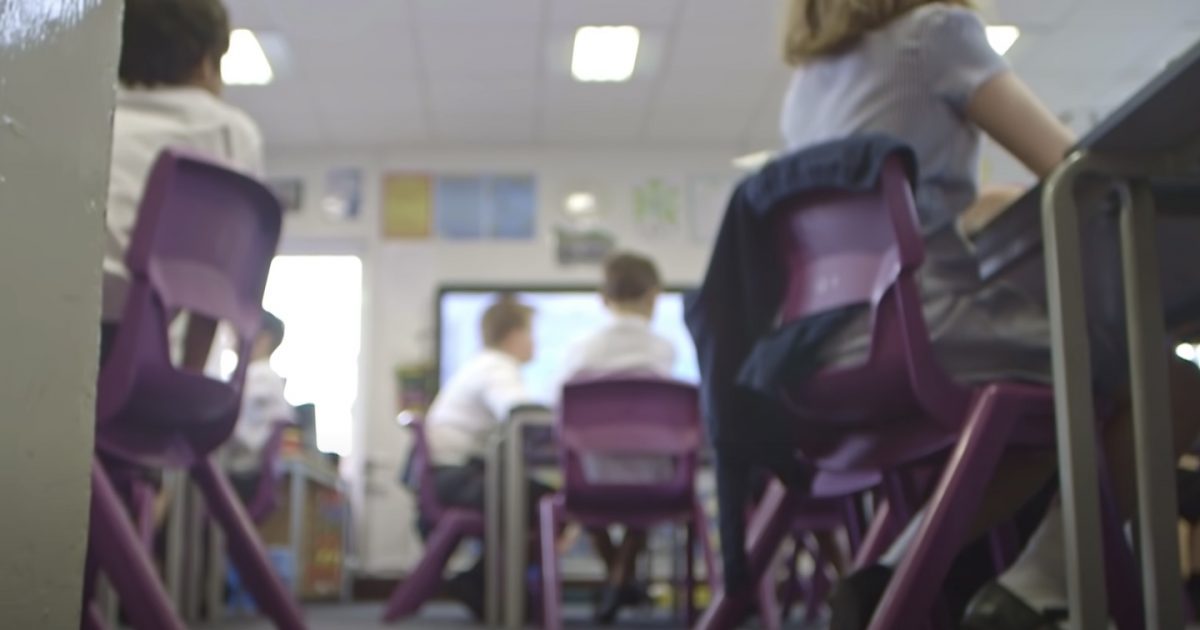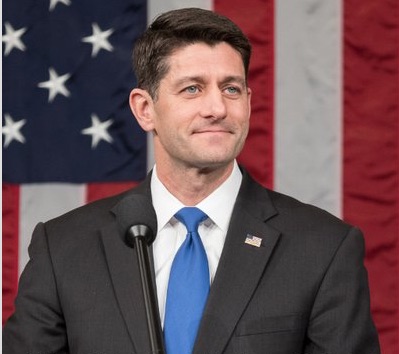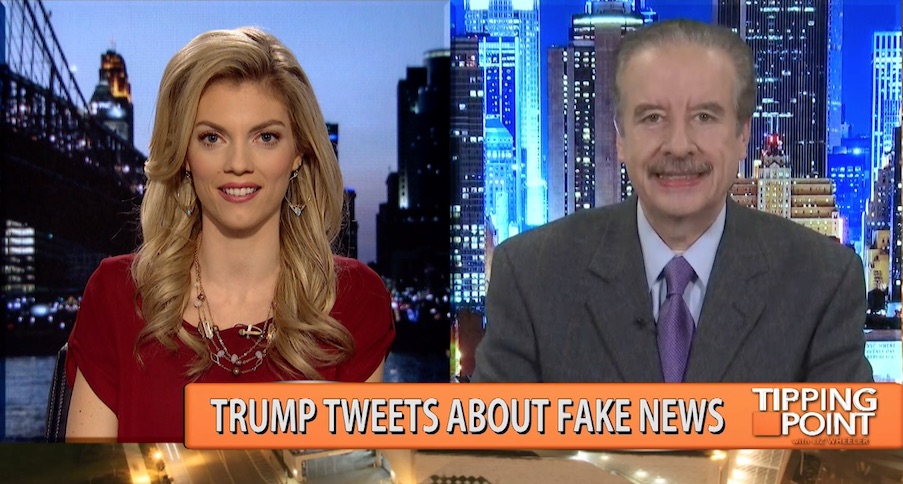Commentary: High School Students Value Free Speech but Feel Uncomfortable Speaking Up

Will this presidential election be the most important in American history?
Commentary by Samuel J. Abrams originally published by RealClearEducation.com
Ideally, American public schools are settings where young Americans develop into citizens and become socialized to particular ideas, values, and civic norms. Attitudes toward democracy and disagreement are forged in these spaces. In this context, the findings of the Knight Foundation’s just-released report on high schoolers’ attitudes toward free speech should worry us. The report, part of the Knight Foundation’s Future of the First Amendment project, finds that high school students censor themselves at levels currently seen on collegiate campuses.
There is some good news in the Knight report, however. The data powerfully illustrate that Gen Z high school students today are open to free speech and do not support cancel culture or the rampant censorship that threatens learning and viewpoint diversity. While civics knowledge has been in decline for decades, a healthy majority of high school students – 63 percent – say that they have taken classes that dealt with the First Amendment to the U.S. Constitution.
The report also demonstrates a strong appreciation of and support for viewpoint diversity. When asked if people should be allowed to express unpopular opinions, 57 percent of students strongly agree with this statement, while another 32 percent mildly agree. This means that almost nine in 10 high school students support freedom of expression: thus, young Americans are hardly in favor of censorship.
Moreover, the overwhelming majority of today’s high school students understand that a healthy democracy requires certain crucial conditions. Ninety-two percent of students, for example, believe that it is important to protect the ability of different groups in society to be heard. Another 91 percent hold that it is important to create a robust exchange of ideas and views, and 93 percent say that it is important to have an inclusive society welcoming to diverse groups. This is all encouraging news.
But the data also show that high school students are censoring themselves in the classroom. Only 19 percent of students said that they were very comfortable voicing disagreement with ideas expressed by the instructor or by other students. Another 36 percent were somewhat comfortable, meaning that just over half (55 percent) of students were comfortable disagreeing with their teachers and fellow students.
These findings resemble those related to the state of free speech on college campuses. In the spring of 2021, FIRE and College Pulse surveyed over 37,000 college and university students about their levels of comfort in disagreeing with professors. Just 40 percent of college students surveyed reported that they would be very or somewhat comfortable publicly disagreeing with a professor about a controversial topic; only 51 percent stated that they would be very or somewhat comfortable expressing their views on a controversial political topic during a class discussion.
The Knight report reveals that the situation is even worse in high school.
Sadly, the findings from Knight also mirror earlier survey data that I collected with Next Gen Politics showing that a significant number of high school students are not comfortable sharing their thoughts in class. Sixty percent of students surveyed said that they have felt they could not express their opinions on a subject because of how students, teachers, or the administration would respond – a proportion identical to that of college students who report self-censoring on campuses. Further analysis of the Next Gen data showed that significant numbers of students have been self-censoring both inside and outside the classroom. High school students regularly report that they crave dissent in dialogue, yet they are uncomfortable expressing it themselves for fear of being shunned or canceled.
This repressive climate is toxic for our educational system, which is anchored on the classically liberal idea that people can disagree and still find common ground. As many of these high school students will prepare for the workforce or collegiate settings, they are being conditioned to keep silent rather than dissent or question others, putting the vibrancy of our democracy at risk. It is time for families, communities, and education professionals to demand better and embrace the debate and discourse that comes with real education.
__________
Samuel J. Abrams is a professor of politics at Sarah Lawrence College and a nonresident senior fellow at the American Enterprise Institute.







